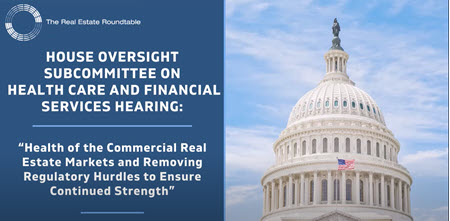
Roundtable President and CEO Jeffrey DeBoer testified this week before a House subcommittee on the “Health of the Commercial Real Estate Markets and Removing Regulatory Hurdles to Ensure Continued Strength.” (Videos of DeBoer’s testimony | Entire hearing | Select clips from the subcommittee’s wrap-up)
CRE Issues
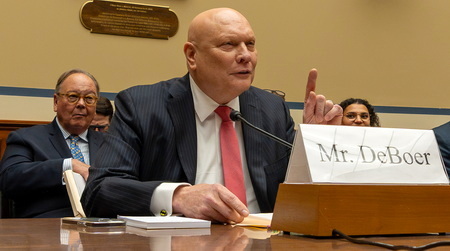
Policy Solutions
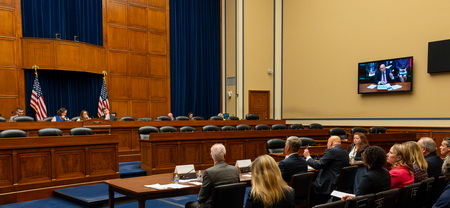
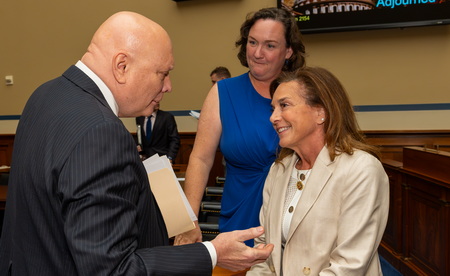
Property Conversions
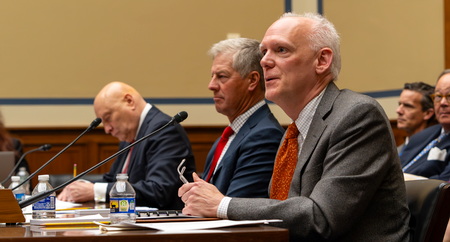
The Roundtable’s all-member Annual Meeting on June 20-21 in Washington, DC will include speakers and policy advisor committee meetings focused on many of the topics discussed during this week’s House hearing.
# # #
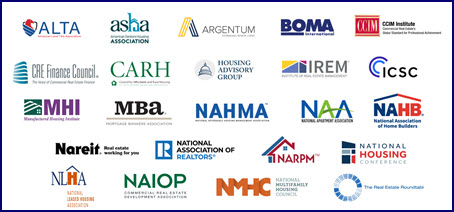
This week, The Real Estate Roundtable and a broad real estate industry coalition encouraged lawmakers to pursue bipartisan solutions that would increase the supply of affordable and market-rate housing through specific policies and programs to help communities meet their housing challenges. (Coalition letter, April 29)
Legislation and Programs
Biden Administration Proposals
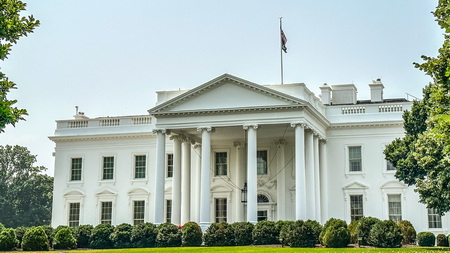
It is unlikely that new housing or tax-related legislation will be enacted before the November presidential election. Proposals now under consideration may have better opportunities for advancement in a post-election lame-duck session or during a new Congress in 2025.
# # #
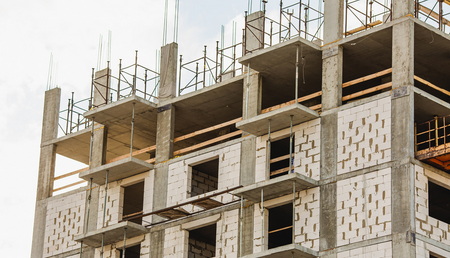
The Biden administration recently issued a “final determination” that all new single- and multifamily homes financed with federal mortgages must be built to stringent “model energy codes.” The Department of Housing and Urban Development (HUD) estimates this federal mandate on residential construction will add at least $7,229 to the cost of building a new single-family home, effectively establishing a disincentive to increase the supply of affordable housing—a federal policy strongly opposed by The Roundtable. (Bloomberg, April 25 and National Association of Home Builders (NAHB), April 26)
Federal Compliance
Varying Energy Standards
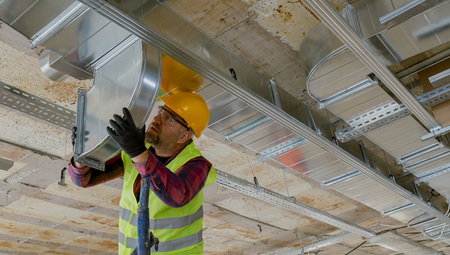
Zero Emissions Buildings (ZEB)
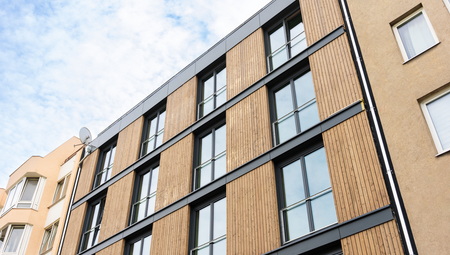
The Roundtable’s Sustainability Policy Advisory Committee (SPAC) will discuss the repercussions of the HUD-USDA rule during its next meeting on June 21 in Washington, DC.
# # #